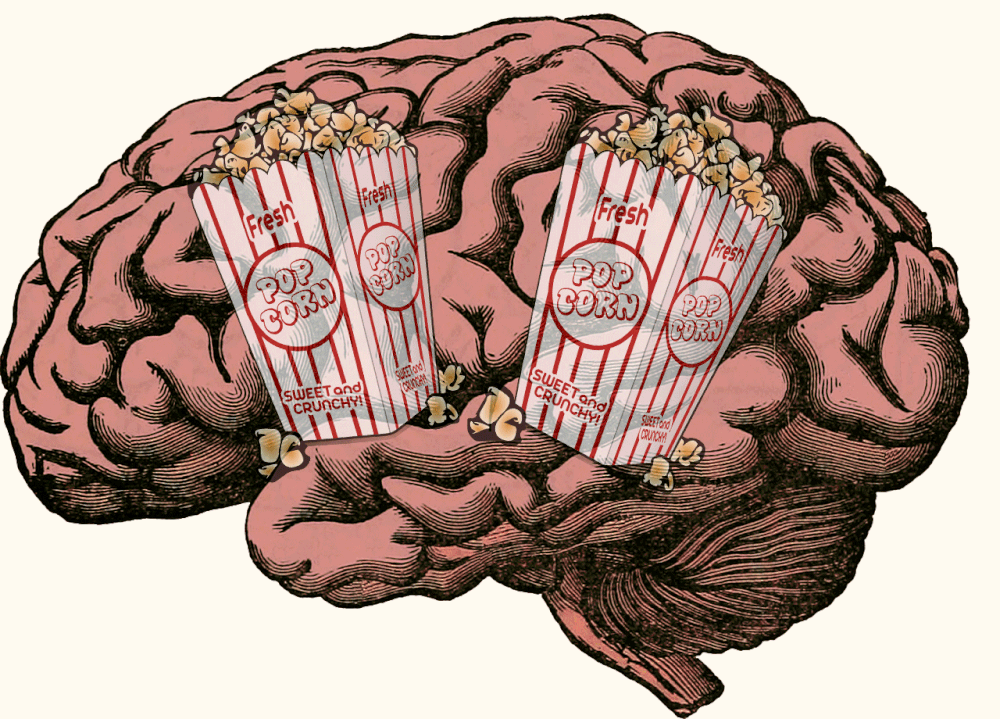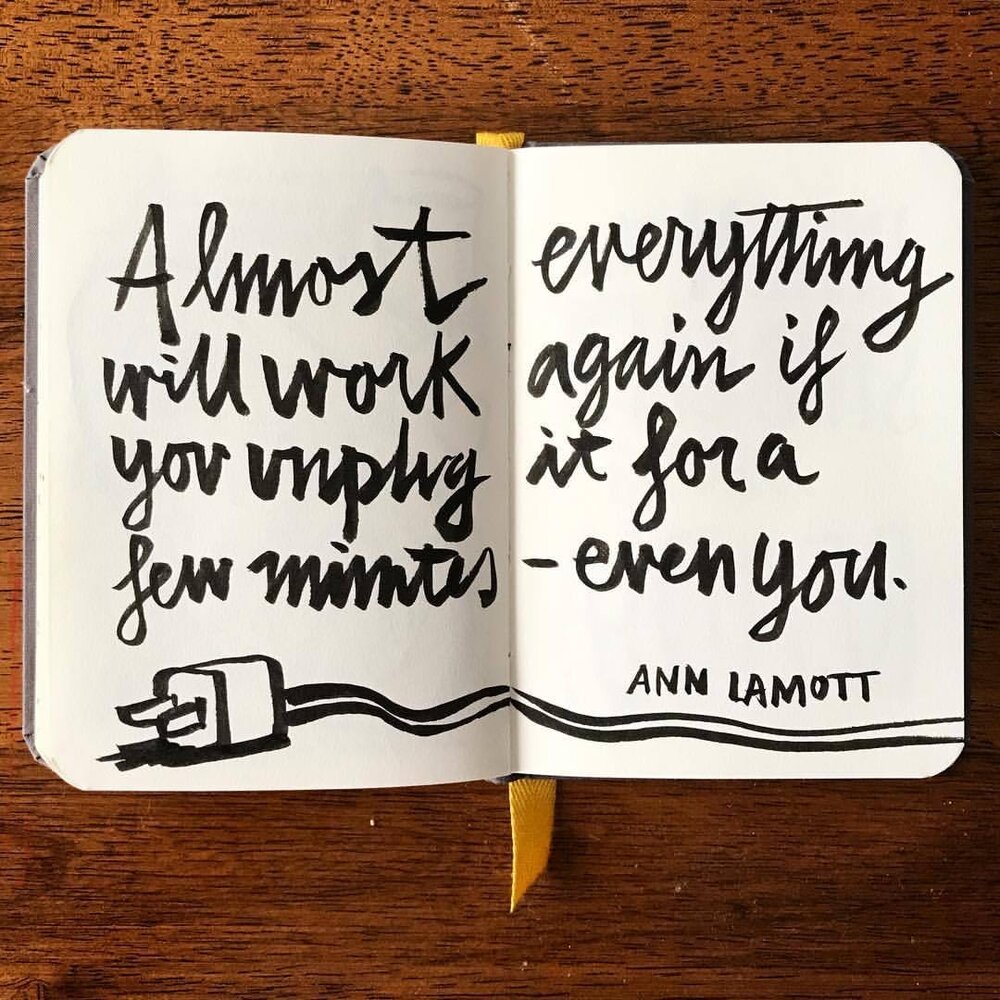Over the past few weeks, we’ve talked a lot about cultivating mindsets that can build our resilience: the growth mindset, the abundance mindset and the learning to coast mindset. This week, we delve into a mind state that can slow down our resilience-building efforts.
Its called popcorn brain and while the term may be new, its effects are all-too-familiar to us during this pandemic. By understanding this phenomenon and how it impacts our health and well-being, we give ourselves the best opportunity to keep moving forward towards our most resilient selves!
POPCORN BRAIN DECODED
Popcorn brain* is the actual biological effect of what happens to our brain when we spend too much time online. Our brain circuitry starts “popping” from being overstimulated by this fast-paced information. And with time, we become habituated to the constant streaming of information, making it harder for us to disconnect from our devices, slow down our thoughts, and live fully offline where things move at a much different pace.
Popcorn brain also has some health implications. In the short term, it can impact our mood, attention span and sleep quality. In the long term, spending too much time online can change our brain’s ability to regulate emotion and manage stress, both of which can have a profound impact our resilience!

POPCORN BRAIN AND RESILIENCE
We’re all spending more time online than before, and many of us are disproportionately consuming the news. Like most things, the news is great when used in moderation to keep us informed, aware and educated. But during stressful times, the line between using and overusing the news can get murky.
Our brains are biologically hardwired to scan our environment for danger during stress, so when we’re stuck at home, our scanning takes place through news consumption. But overconsuming the news can wear us down and impact our precious resilience.
The key is to figure out how we can be informed citizens while still keeping our sanity, peace of mind and hopefulness intact. A media diet can help us strike this balance. When we parent ourselves and set limits on our media use, we can stay informed and resilient while sidestepping the phenomenon of popcorn brain.
THE ANTIDOTE TO POPCORN BRAIN
We can start a media diet by aiming to limit our media consumption to two 20 minutes blocks a day. Ideally, late morning (10-11am) and early evening (4-6pm) are best because these times don’t interfere with the start of our day as we’re waking up or the end of our day as we’re falling asleep.
During “off” times, aim to make checking the news slightly inconvenient. Creating physical space between you and your news source by keeping your phone at a healthy distance can help. So can creating some virtual separation, through disabling push notifications, opting out of automatic log-ins, and silencing news alerts. And since nature doesn’t like a vacuum, when you’re compelled to go online during “off” times, consider keeping a reading distraction within arm’s reach. A hardcopy book with uplifting words can work wonders for this purpose. Personally, I’ve used The Daily Stoic or The Essential Rumi whenever I’m curbing my own need to read the news.
Falling down the rabbit hole and overconsuming the news is so easy to do, especially now, but it can deplete our internal reserves and our resilience. By setting realistic time limits, creating some healthy physical and virtual space, and having a quick substitution on hand, we can gradually train ourselves to become more mindful and intentional with how we consume our news.
Ultimately, these small steps can help our resilience, optimism and well-being in big ways, keeping them intact and even buoyant during these challenging times.

* Popcorn brain is a term originally coined by David Levy.
WANT TO BE THE MOST RESILIENT PERSON YOU KNOW? Check out our free monthly newsletter here for all Dr. Aditi’s science-backed tips on building resilience!

